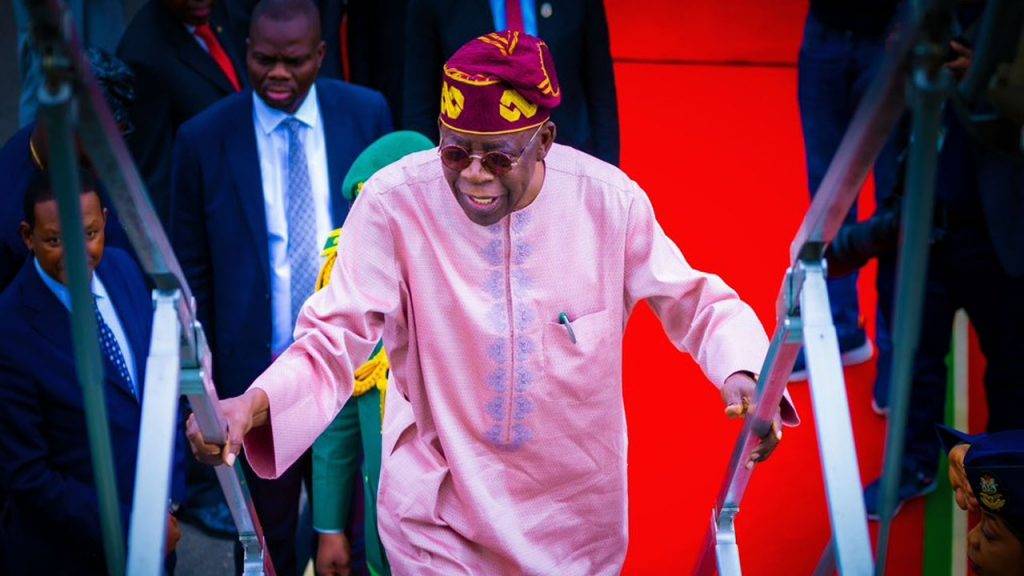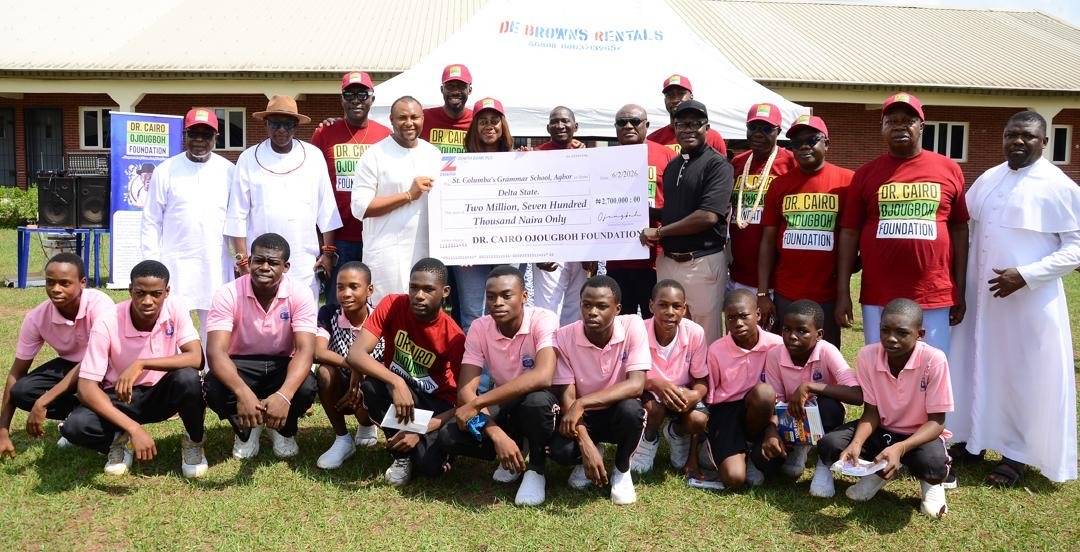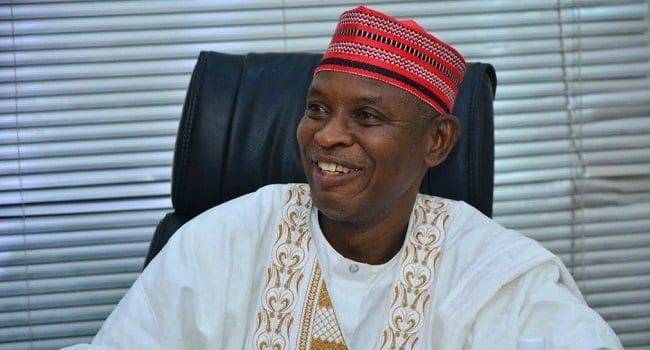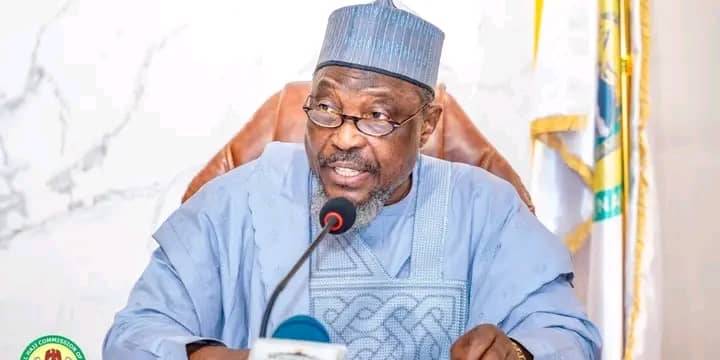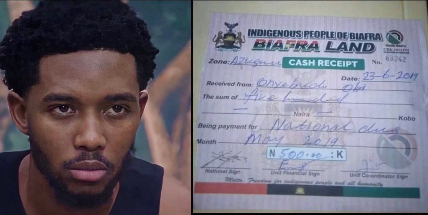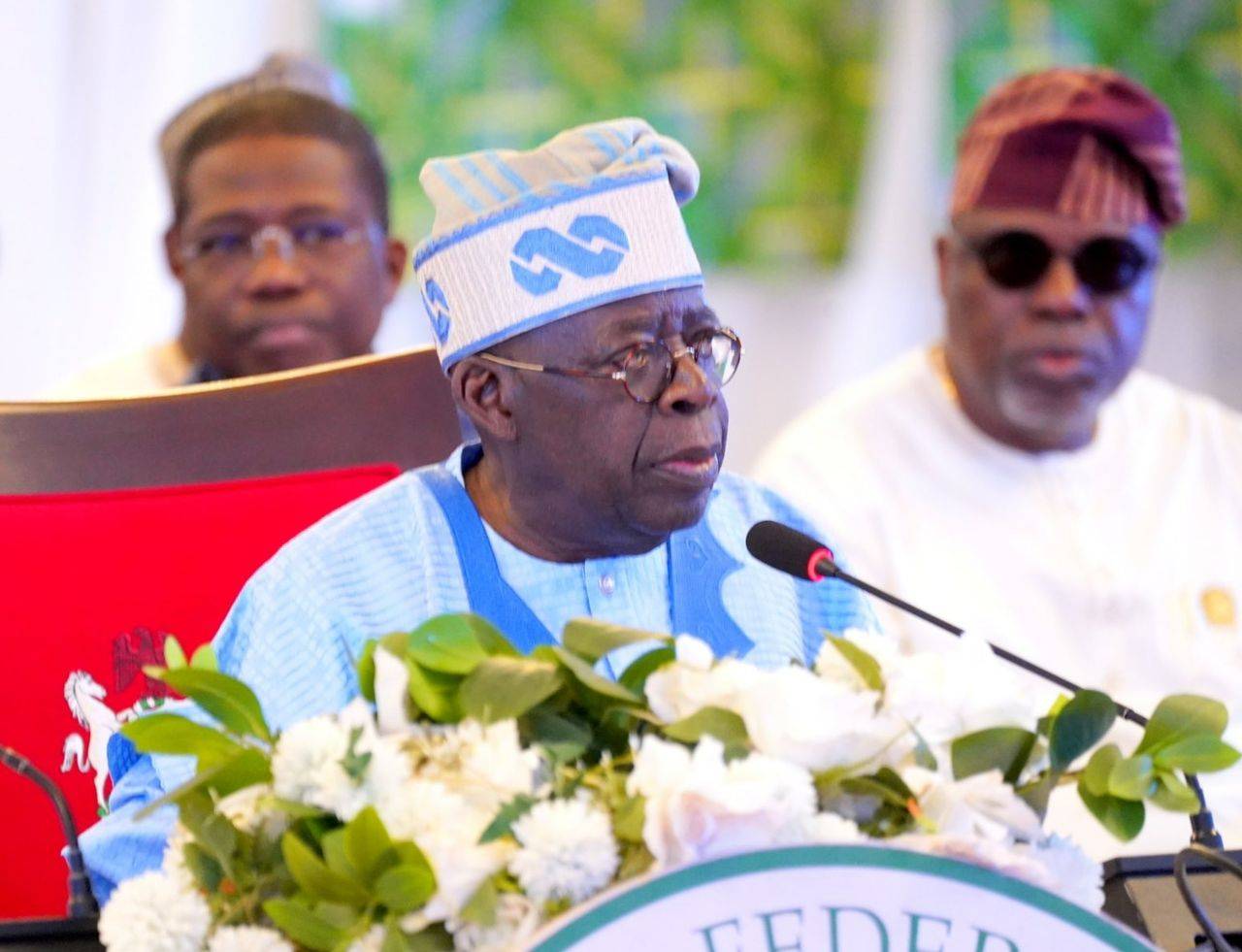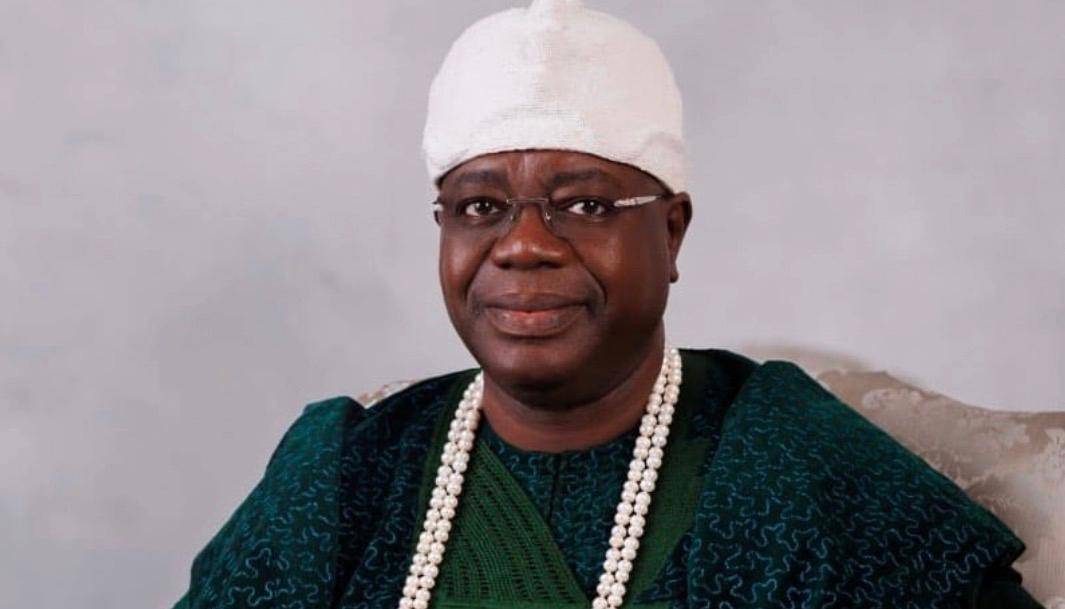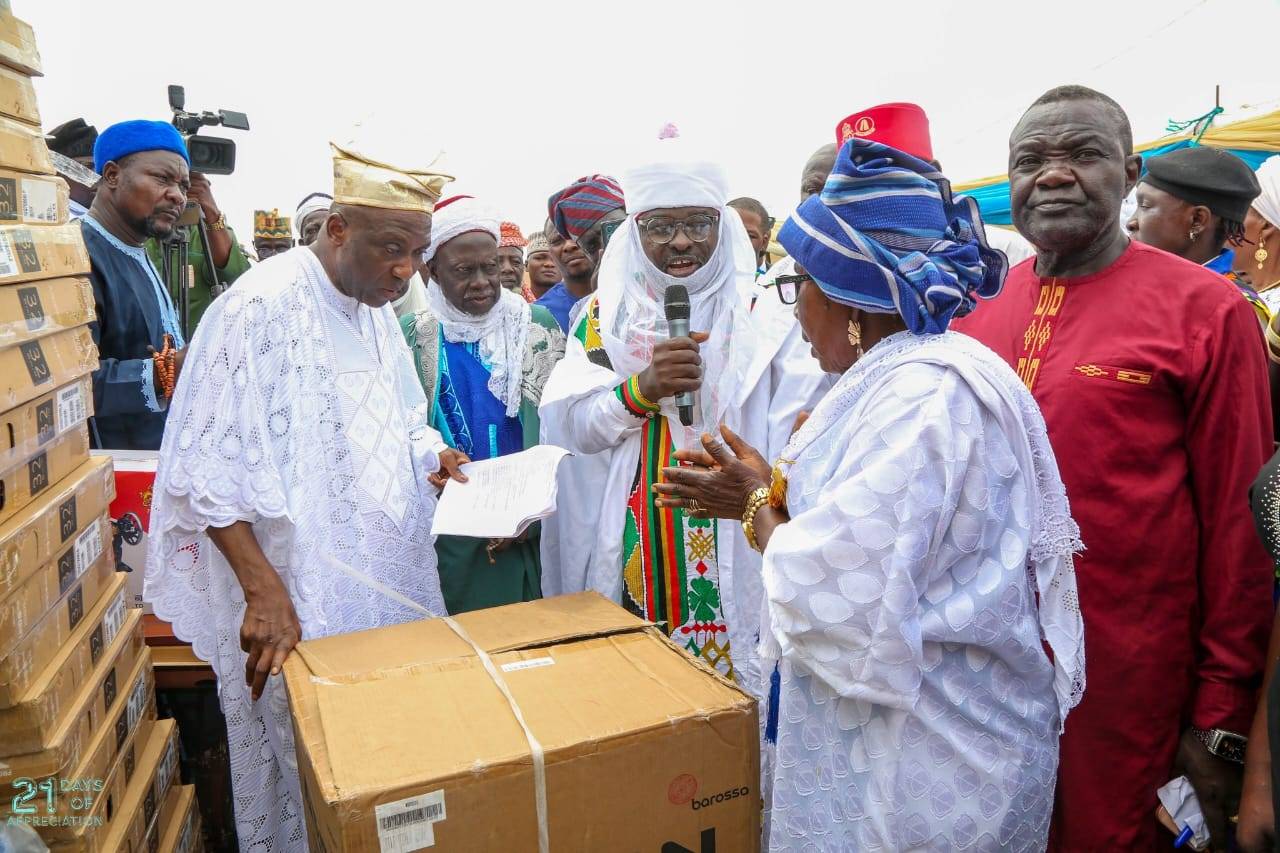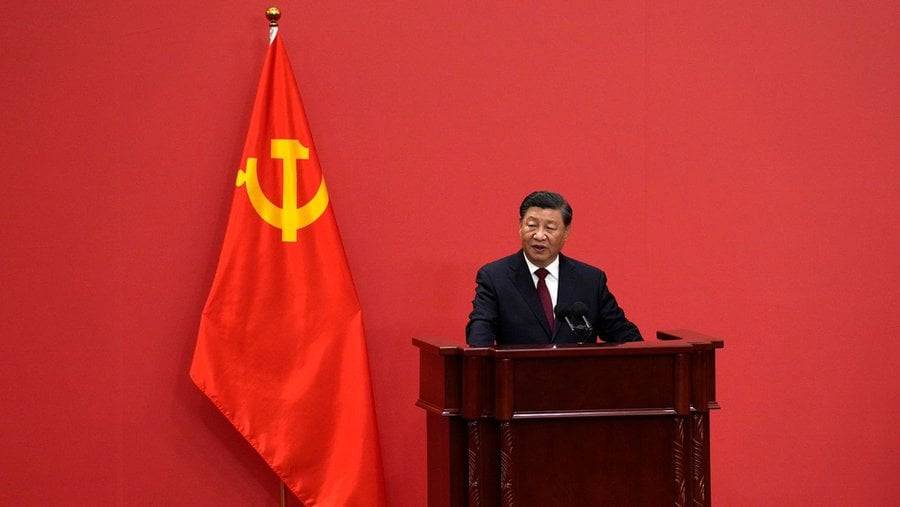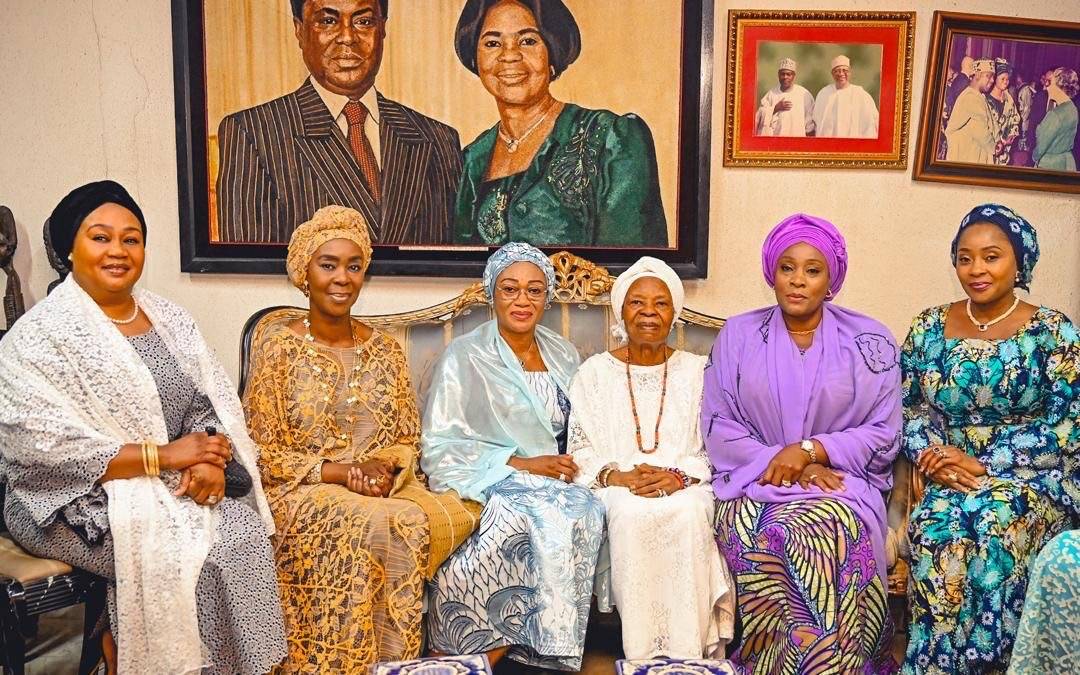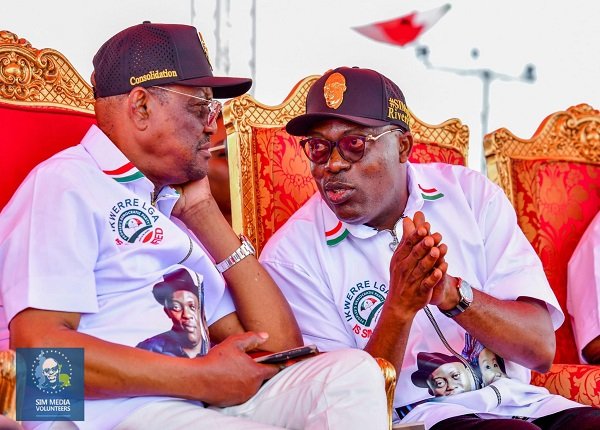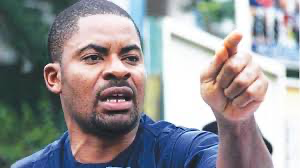By Segun Ayobolu
Being his first birthday after he was elected President of Nigeria at the 2023 presidential polls, Asiwaju Bola Tinubu’s 72nd year on this side of eternity last Friday, March 29, would most certainly have been celebrated with elaborate pomp and pageantry by his supporters and admirers. Yes, not a few of those who do not necessarily take a liking to him or his politics would equally but hypocritically have joined in the festivities with an eye to gaining some benefit sooner or later from the powerful office the Jagaban occupies.
Such extravagant commemoration of a birthday that is not necessarily a landmark would have been prompted by the epochal obstacles and veritable mountains he has scaled at every critical phase of his still-evolving life trajectory. In particular, loud and lavish celebratory convivialities would have been prompted by the gargantuan scale of the ferocious and relentless opposition to his presidential aspiration by formidable forces both within and beyond his party, the All Progressives Congress (APC), and the focused single-mindedness with which he met and trounced them all.
But then, not only were the sounds of throbbing drums and triumphal, mellifluous music not to be heard, even media houses that made an annual kill from pages of celebratory adverts on the occasion had to painfully endure the equivalent of a Ramadan financial fast. In recognition of and identification with the excruciating pains being experienced by the vast majority of Nigerians as a result of his administration’s scorching but inevitable economic reforms, the President wanted all commemorative activities shelved and money that should have been expended on adverts diverted to provide succor for the poor and vulnerable.
It is obviously this kind of uncanny ability to read the mood of the people and demonstrate empathy with them over the years that has given President Tinubu an edge over his often impotently feral political opponents and made him a formidable long-distance, marathon political athlete who today occupies the apex position of authority in Nigeria.
In commemoration of the birthday of one of the most deft and dexterous political actors in the country over the last three and a half decades, this column today focuses on Tinubu’s no mean contribution to the political development of contemporary Nigeria. The concept of political development has elicited much debate and contestation among political science scholars. It is what the late Professor Billy Dudley would describe as an ‘essentially contested concept’. But there is a general consensus, I believe, that it refers to some sort of improvement or progress towards a desired goal or ideal of the appropriate political structure and organization of society.
But what constitutes progress or improvement in the character of political institutions and values? As Professor Jean Blondel wonders, “The very idea of progress has come to be questioned in the process. Is humankind truly capable of progress on the political front or is there only cyclical change? Are we so diverse in our views that we shall never be able to work together towards a common idea of political progress?” These are no doubt intriguing questions but which we must leave to competent academic political scientists to continue to dilate on in learned journals.
Here our focus is on how President Tinubu has contributed in a concrete and indelible manner to the ongoing evolution of Nigeria in the direction of strengthening the institutions, values, and practice of liberal democracy and progressive ideology in contemporary Nigeria. When at a crucial phase in the gathering momentum towards the last APC presidential primaries and the intra-party opposition to his ambition was thickening, the President adumbrated his ’emilokan’ thesis in Abeokuta, he was subconsciously elaborating on his unequalled contribution to the strengthening of party politics and the deepening of federal practice in this political dispensation immediately before and after 1999. In the process, he built enduring friendships, forged strategic alliances, and accumulated invaluable political IOUs that played critical roles in his ultimate emergence as President of Nigeria.
Let us take, for instance, the issue of a vibrant, vigorous and vibrant opposition without which liberal democracy is imperiled in any society. President Tinubu’s role in preserving and conserving an effective opposition that ultimately helped to thwart the bid by the People’s Democratic Party (PDP) to become a one-party-dominant behemoth at the steering wheel of governance in Nigeria for at least 60 unbroken years cannot be overstated.
A critical date in this regard was the governorship election of April 19, 2003. It was an election in which the wily Ota General, who had cajoled and deceptively manipulated the chieftains of the defunct Alliance for Democracy (AD) to win the majority of the votes in the South-West in the preceding week’s presidential elections, suddenly turned around to pull the rug from under the feet of the AD in the gubernatorial polls. Wielding the power of presidential incumbency, OBJ had commandeered a rampaging PDP to victory in the South-West in one of the worst electoral heists ever in the political history of Nigeria.
As the results from the elections trickled in on the evening of the 20th April 2003, it was obvious that the PDP tornado had swept away the AD in five of the six states in the region- Ogun, Oyo, Ondo, Ekiti and Osun. Tinubu remained the only man standing as it was impossible for the PDP to dislodge the AD in Lagos despite its candidate, the late Funsho Williams’ relatively formidable structure in the state and OBJ’s deployment of troops to intimidate the electorate in the nation’s commercial nerve centre. Yours truly was in then governor Tinubu’s office at the Roundhouse in Alausa alongside some commissioners and other personal aides monitoring the results as they came in.
The governor was devastated by the routing of his fellow AD governors in the other South-west states. PDP chieftains in Lagos openly boasted that he would have no choice but to defect to the ruling party as the sole governor of the AD. I had my doubts, I must confess, that Tinubu could resist for long the lure and pressure to join the fabled PDP mainstream of Nigerian politics. After all, it was not fashionable to be in the wilderness of opposition in Nigeria’s ‘come and eat’ political culture. But Tinubu was grossly underestimated. Not only did he not decamp to the then-ruling party, he rallied the ousted AD governors and together they began to rebuild and revitalize the party in the region.
Had Tinubu jettisoned the opposition and clambered on the PDP bandwagon in the aftermath of the 2003 elections, it is doubtful if a formidable opposition to the domineering PDP would have been forged. The then-ruling party would most probably have achieved its dream of being in power for at least six decades. Let us not forget how Mr. Peter Obi, as two-term governor of Anambra State on the platform of the All Progressives Grand Alliance (APGA), had promised the late Chief Odimegwu Ojukwu never to desert the party. Yet, on completion of his second term, Obi wasted no time in dumping APGA, joining the PDP, and becoming a Special Adviser to then-President Goodluck Jonathan.
In 2007, Tinubu had provided former Vice President Atiku Abubakar a platform, the Action Congress (AC), to contest for the presidency when the latter had been harassed and intimidated out of the PDP by a vengeful OBJ. Yet, after he had lost to the late President Umaru Yar’Adua in the 2007 polls, the Waziri Adamawa wasted no time in returning to his vomit in the PDP saying that he could only function in a national and not a regional party. Had Atiku been consistent and stayed within the progressive fold to nurture the then AC into a national party, it is doubtful if anyone could have denied him the presidency in an emergent national party.
Today, the Waziri is paying the price for his ideological inconsistency and political vagrancy. Were Tinubu to be as fickle and politically unstable as Obi and Atiku have proven to be, it is unlikely that we would have an APC today and the PDP, despite its internal contradictions and congenital dysfunctions, would probably still be in control of the centre today. Between 2003 and the next electoral cycle in 2007, Tinubu led his ousted colleagues- Aremo Olusegun Osoba, Chief Bisi Akande, the late Alhaji Lam Adesina, the late Chief Adebayo Adefarati and Chief Niyi Adebayo- to work collaboratively to rebuild and reorganize the progressive movement in the South-West. And helped by the sheer lack of vision and utter incompetence of the PDP governors in the South-West, the progressives made a dramatic comeback in the region in 2007.
Of course, once again, the imperial OBJ presidency, which treated the Maurice Iwu-led INEC as an appendage of Aso Rock Villa, simply announced fabricated results in Osun, Ekiti, Ondo, and Edo in the South-South awarding victory to the PDP in these states. But unlike in 2003, when the governors who were rigged out took their ouster with equanimity and refused to challenge the outcome in court, Tinubu once again motivated the party to successfully challenge the results announced in Ondo, Ekiti, Osun and Edo states in court thus recording another milestone in the political development of Nigeria.
A related critical feature of a viable liberal democratic system is the existence of well-grounded political parties that are ideology-based at least to a reasonable extent. Here again, Tinubu’s role in nurturing and building bridges of national collaboration through party coalitions that can win power at the centre cannot be denied. True, the parties formed by the late sage, the great Chief Obafemi Awolowo – the Action Group (AG) and Unity Party of Nigeria (UPN), were undoubtedly the most disciplined and ideology-focused in the political history of Nigeria. But Tinubu’s ingenuity in collaborating with diverse elements to forge a national party that succeeded in achieving pan-Nigerian success and wresting power at the centre from a ruling party is unprecedented. Of course, it is true that his working with others to achieve this feat came at the cost of bringing disparate bedfellows to cohabit under one political tent with negative consequences for organizational discipline and ideological coherence.
When the fractures within the contending Afenifere camps created an irreparable chasm within the AD resulting in the party’s inevitable moribundity, Tinubu led other like-minded elements in forming first the Action Congress (AC) which was then further strengthened and consolidated to form the Action Congress of Democrats (ACD) and ultimately the Action Congress of Nigeria (ACN), which won hegemonic control of the South-West through the ballot box. Tinubu and other leaders of the ACN then led the party to work with others in the Congress for Progressive Change (CPC), a faction of the All Progressives Grand Alliance (APGA), a faction of the All Nigeria Peoples Party (ANPP) and the breakaway New People’s Democratic Party (nPDP) to form the broad-based APC that made spectacular electoral history in the 2015 elections and is the ruling party today.
It is instructive that Alhaji Atiku Abubakar of the PDP and a chieftain of the Labour Party (LP), Professor Pat Utomi, have in recent times, on different occasions, spoken of the need to create broad-based political party structures by the opposition as a necessary condition for displacing the APC from power come 2027. Tinubu and the APC have a patent on this template in Nigerian politics. The attempts by opposition political leaders in the first and second republics to achieve this feat always failed abysmally.
But the willingness of opponents of Tinubu and the APC to emulate the model without necessarily admitting it is a clear indication of its efficacy. If the ongoing surreptitious attempts of opposition parties to forge such an alliance work, it may have the desirable consequence of curbing the APC of any tendency towards overconfidence, putting it on its toes and pressuring it towards placing a greater premium on becoming a genuinely development-driven political party.
No office holder either at the federal or state levels of government in this dispensation has impacted more on the welfare and strengthening of the judiciary as a critical arm of government than Tinubu. The judiciary settles disputes not only between individual citizens and corporate groups but also between different arms and levels of government. A well-remunerated and motivated judiciary is thus indispensable to the meaningful political development of any polity. When he assumed office as governor of Lagos State, the Tinubu administration set the pace in taking steps to considerably improve the salaries of judicial officers as well as providing them such amenities as free accommodation and transportation which they continued to enjoy on retirement.
We have earlier referred to how Tinubu inspired governorship candidates who had been robbed of their electoral victories in Osun, Ekiti, Ondo, and Edo states, respectively, in the 2007 elections to challenge the purported outcome of the polls in court. The success of those litigations demonstrated that with careful, meticulous accumulation of forensic evidence and diligent prosecution, electoral fraud could be detected and overturned through the courts. It was again the instrumentality of the courts that Tinubu as governor of Lagos State and his Attorney General and Commissioner of Justice, Professor Yemi Osinbajo, utilized to challenge the centre’s usurpation of state powers under the 1999 Constitution and in the process helped to significantly deepen federal practice in Nigeria.
Under Tinubu’s leadership as governor, the Lagos State government challenged the federal government’s constriction of state rights on at least 13 issues and obtained victory in all of these at the Supreme Court thus substantially influencing the evolution of contemporary federalism in Nigeria.
Suffice it to say that his contribution to the emergence of the constitutional rule we enjoy today through his frontline role at the vanguard of the struggle against the annulment of the June 12, 1993, presidential election and the perpetuation of praetorian rule has reserved for Tinubu a cardinal place in the roll of catalysts of political development in Nigeria. But as President of Nigeria, this places on him the even greater burden of ensuring that under his leadership, the country experiences an unprecedented consolidation of the foundations of constitutionalism and the rule of law, respect for human rights, increased autonomy of the constituent units of the federation as well as greater integrity and credibility of the electoral process.


